In today's modern world, the infrastructure that powers our communities is undergoing a significant transformation. One notable change is the gradual shift of power lines from overhead to underground. This shift is not just a matter of aesthetics; it carries profound implications for safety, aesthetics, environment, and economics. Let's delve into how this shift impacts you and your community.
Introduction
Power lines, the arteries of modern civilization, carry electricity from generating stations to homes, businesses, and industries. Traditionally, these lines have been strung overhead on poles, a familiar sight in urban and rural landscapes alike.

The shift underground
However, in recent years, there has been a growing trend towards burying these lines underground. Several reasons drive this shift. Firstly, underground lines are less susceptible to damage from extreme weather events such as storms and hurricanes, reducing the risk of power outages. Additionally, underground placement eliminates the visual clutter associated with overhead lines, enhancing the aesthetic appeal of neighborhoods.

Impact on communities
The move to underground power lines has both tangible and intangible effects on communities. From a safety standpoint, burying power lines reduces the risk of electrocution and fires caused by downed lines during storms. Moreover, the removal of unsightly poles and wires can boost property values and improve the overall look and feel of a neighborhood.
Technological advancements
Advancements in technology have facilitated the transition to underground power systems. Innovative solutions such as smart grids enable more efficient distribution of electricity and better monitoring of energy consumption. These advancements not only improve reliability but also pave the way for greater integration of renewable energy sources into the grid.
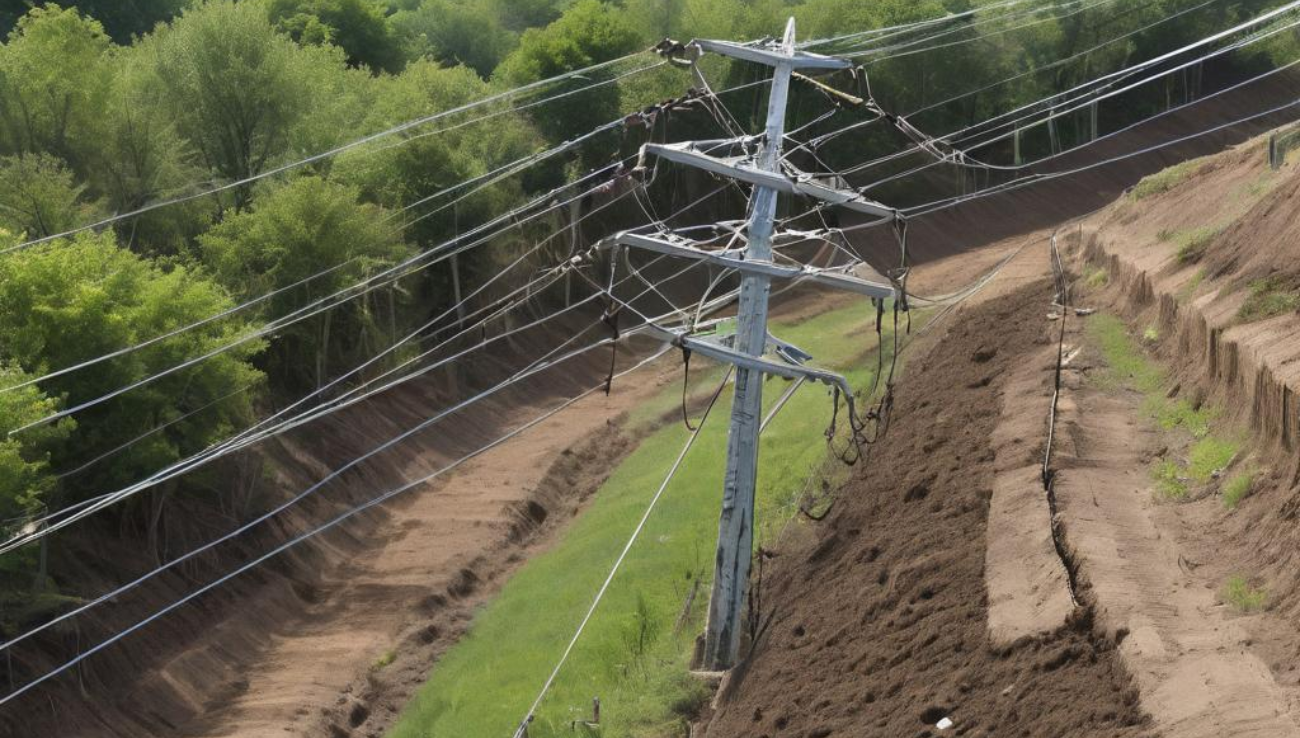
Environmental considerations
From an environmental perspective, burying power lines can have several benefits. Underground placement reduces visual pollution, preserving the natural beauty of landscapes. Additionally, it minimizes the risk of harm to wildlife, particularly birds, which are often electrocuted by overhead lines.
Economic implications
While the initial cost of burying power lines is higher than overhead installation, the long-term benefits often outweigh the upfront investment. Reduced maintenance costs, fewer outages, and increased property values contribute to long-term savings for both utilities and residents. Furthermore, the deployment of underground power systems creates jobs in construction, maintenance, and technology sectors.
Regulatory framework
Government regulations play a crucial role in driving the adoption of underground power lines. Many countries have established standards and incentives to encourage utilities to invest in buried infrastructure. These regulations also ensure compliance with safety and environmental standards, protecting both consumers and the environment.
Global perspectives
The transition to underground power lines is not limited to a single country or region. Countries around the world are increasingly recognizing the benefits of buried infrastructure and investing in its implementation. However, cultural differences and varying geological conditions pose unique challenges in different parts of the world.

Future outlook
Looking ahead, the adoption of underground power lines is expected to continue growing as technology advances and awareness of its benefits increases. However, challenges such as high initial costs and resistance to change may slow down the pace of adoption in some areas. Nonetheless, the long-term benefits of underground infrastructure make it a compelling option for powering the cities of tomorrow.
Conclusion
The migration of power lines underground represents a significant paradigm shift in the way we deliver electricity to our communities. By enhancing safety, aesthetics, and reliability while minimizing environmental impact, underground power lines offer a glimpse into a more sustainable and resilient future.
FAQs
-
Are underground power lines completely immune to outages? Underground power lines are less susceptible to outages caused by weather events but can still be affected by other factors such as equipment failure or excavation damage.
-
Do underground power lines require less maintenance? While underground power lines require less maintenance than overhead lines, they still require periodic inspections and repairs to ensure optimal performance.
-
Do underground power lines pose any environmental risks? Underground power lines generally have fewer environmental impacts compared to overhead lines. However, improper installation or leakage from underground cables can pose risks to soil and groundwater.
-
Can existing overhead power lines be converted to underground? Converting existing overhead power lines to underground can be a complex and costly process, requiring extensive planning and coordination between utility companies and local authorities.
-
How can I find out if my community is planning to move power lines underground? You can inquire with your local utility company or municipal government to find out about any plans to bury power lines in your area.
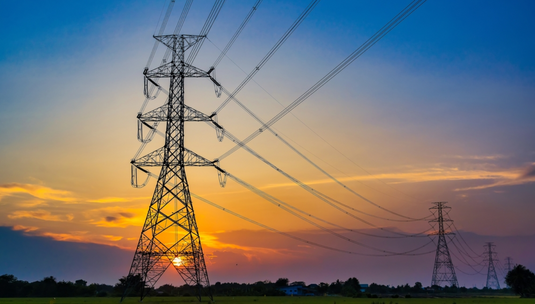
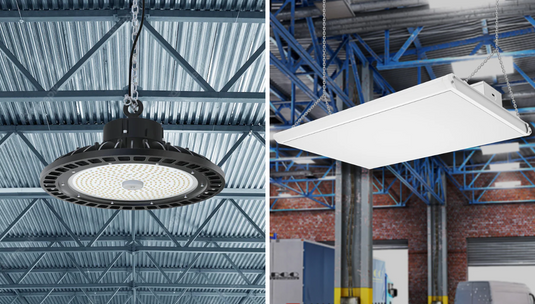
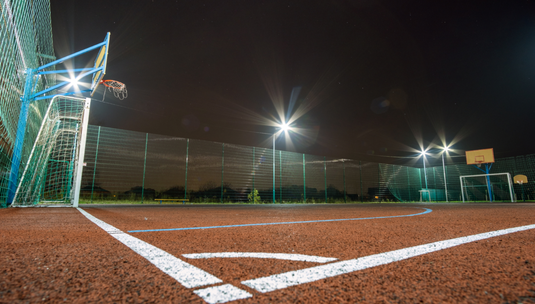
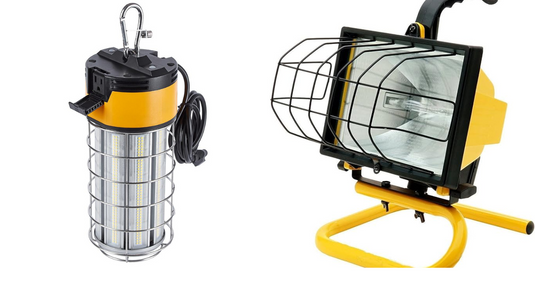

1 comment
I’m appalled at what I am seeing go on. Power companies are in my community and they have begun putting the powerlines underground. I learned of this when I noticed several different cars coming onto my property. All of them had didderent company emblems on the side of the vehicle. More importantly. None of them came to my door to announce themselves.
These people have been asked to provide information regarding this project. Yet, they have not provided any information.
I have concerns about what the environmental impacts that will come due to these underground powerlines. Blatantly, they ignore me. I am not sure what I can do. Does anyone have any advice on how to handle this matter???